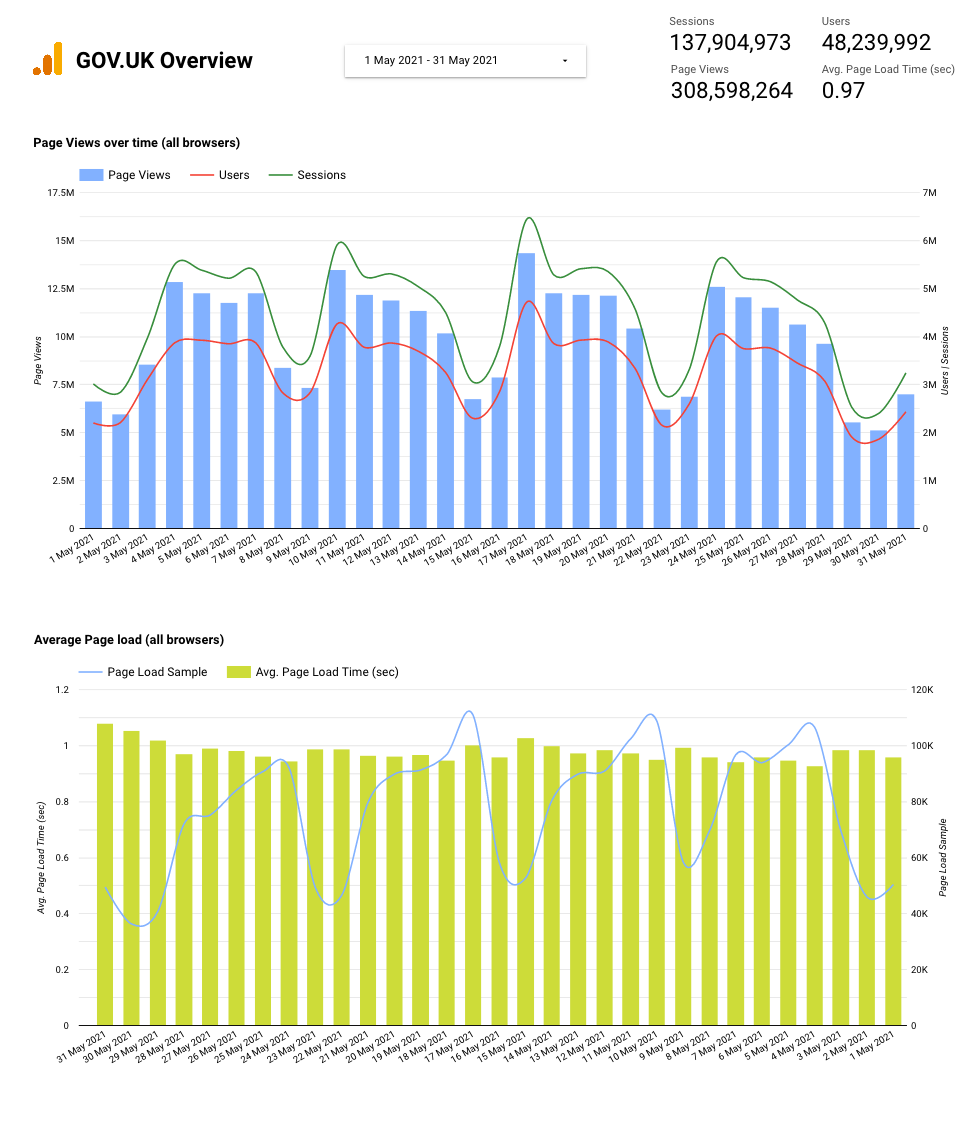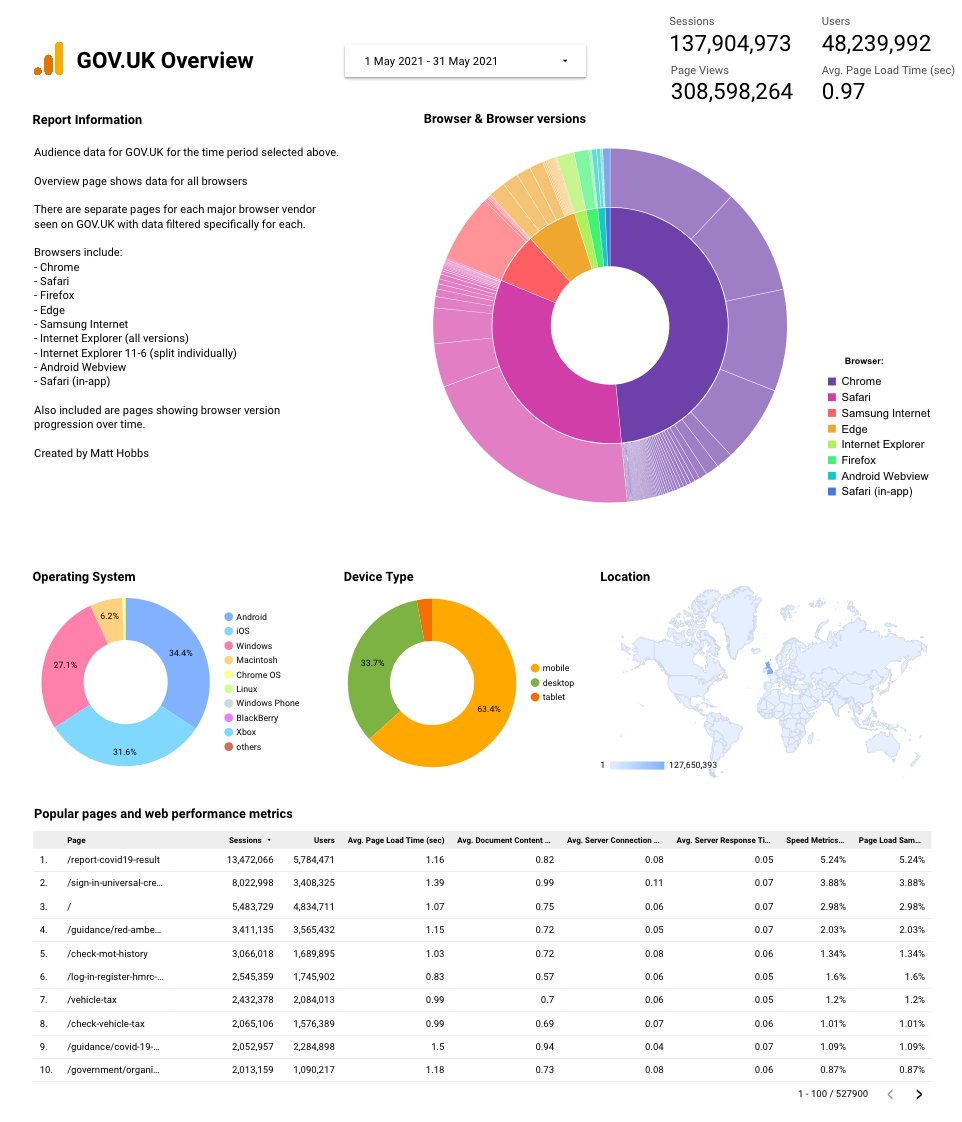So this week it is #AutismAwarenessWeek. As I've tweeted before I have a 4 year old son who's been diagnosed with @Autism. He's a very happy and boisterous little boy, but he struggles in many areas. Eating is one of these areas.
2/ Last week I attended an all-day training session on Avoidant Restrictive Food Intake Disorder (ARFID). As the day progressed it was easy to see that the slides were describing all the issues my son faces.
3/ It is incredibly common for children on the spectrum to have ARFID, so it is vital that children who have it are diagnosed and plans can be made to help them.
My key learnings from the day:
My key learnings from the day:
4/ If your child has a very limited diet, don't panic! Ask yourself the questions: are they healthy and are they sticking to a healthy weight / height percentile? If the answer to those is yes, then you are doing great!
5/ Dieticians and health visitors will try to blame you. "You don't give them enough variation", "You didn't wean them onto solid foods correctly". It's important to remember it isn't your fault. Some children have a restrictive diet and that's okay.
6/ Your child may have a "safe" set of foods that they always eat. That's a good thing! Whatever you do don't tamper with these safe foods! If you try to hide things in foods they will eat, you will lose that food and lose their trust.
7/ Some may recommend that you starve your child: "If they are hungry enough, they will eat it". For children with ARFID this isn't true. They simply won't eat. This strategy isn't sustainable and doesn't work, so don't do it.
8/ If you need to use the TV or a tablet as a distraction to get your child to eat, then use them! Other parents may look down on you but so what? Your child's health is the most important consideration.
9/ Build on the restrictive diet that they have. Are there slight variations that you can start to build into their diet? e.g. They only eat chips, can you introduce a different kind of chips? It's all about small changes at the child's pace.
10/ The Disability Discrimination Act trumps any school policy about providing special food for your child. So if they refuse, the law is on your side.
11/ ARFID is only just being recognised as an eating disorder in the UK (it is recognised in DSM–5) so getting a diagnosis can be difficult. Speak to your child's paediatrician about the best way forward for you and your child.
12/ I hope this information help other families with children on the spectrum. It was an interesting day, it certainly opened my eyes to how complex eating actually is!
End of thread.
End of thread.
• • •
Missing some Tweet in this thread? You can try to
force a refresh





















